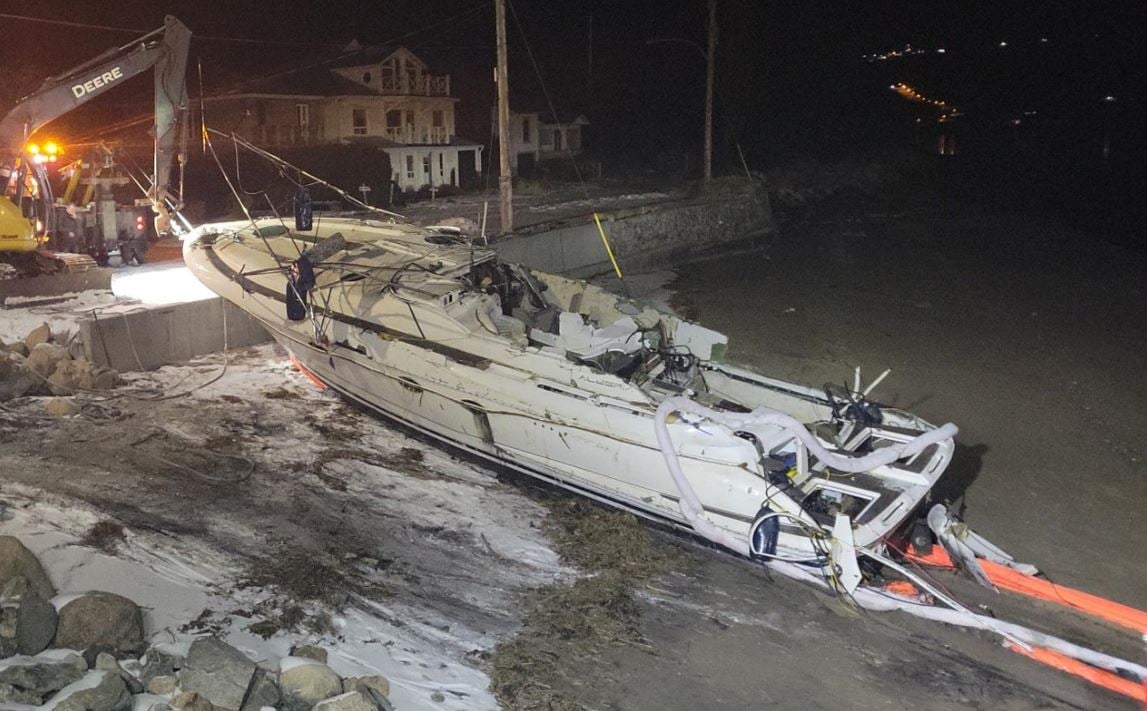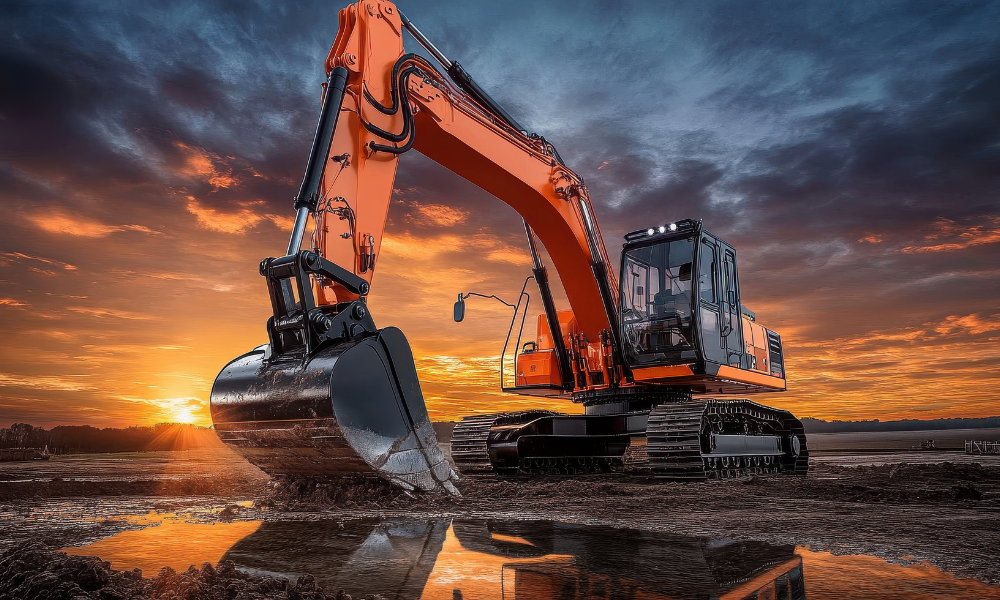Union leaders cite understaffing and technological changes as contributing factors

Across Canada, workers at provincial and territorial Workers' Compensation Boards (WCBs) are sounding the alarm about overwhelming workloads, understaffing, and rising mental health issues. During a recent conference attended by union representatives, these employees raised concerns about excessive work demands and inadequate support—issues they say are pushing the system to the brink.
Harry Goslin, president of the Ontario Compensation Employees Union (OCEU/CUPE 1750), is one of the many voices calling for change. He reports that compensation board workers, including case managers and safety trainers, are struggling with understaffing and unreasonable workloads. “There’s a general sentiment that there’s understaffing in each of the organizations,” says Goslin. He explains that while claims have risen in some industries, the root of the problem often lies in poor workload distribution and the introduction of new technologies like the Guidewire system, which, instead of streamlining work, has increased the burden on staff.
Technological changes, according to Goslin, are causing more harm than good. In the effort to make things faster, smoother, more efficient, and leverage the latest technology, “there's been some hiccups," he says, referring to Guidewire. "Some of the tasks that used to take two or four clicks now take 10 or 15, or more." This inefficiency, coupled with constant micromanagement and insufficient training, has led to high levels of anxiety, stress, and burnout among workers.
The impact of these issues is severe. Earlier this year, Goslin's union measured the mental health toll on workers at Ontario’s Workplace Safety and Insurance Board (WSIB) by conducting a Copenhagen Psychosocial Questionnaire. The findings were stark: nearly 36% of WSIB employees reported experiencing depressive symptoms, far above the national average of 25%. "Burnout symptoms are exceptionally high," Goslin warns, emphasizing that WSIB workers are doing unpaid overtime and skipping breaks to keep up with demands, "to their own detriment."
This crisis isn’t confined to Ontario. The conference, attended by members of the Canadian Union of Public Employees (CUPE), the National Union of Public and General Employees (NUPGE), and the Public Service Alliance of Canada (PSAC), revealed that compensation board workers across the country are facing similar issues. In Nova Scotia, technological disruption has also taken a toll.
“We want to ensure that the system remains focused on safety and prevention but ensures comprehensive and fair coverage for injured workers,” explains Sandra Mullen, president of the Nova Scotia Government Employees Union (NSGEU). Yet, like her counterparts, she acknowledges that understaffing and excessive workloads are undermining this mission.
The unions argue that these problems not only harm employees but also risk delaying compensation and safety training for injured workers who depend on the WCB system. "It is inexcusable that staff are prevented from doing the kind of job that they are capable of because of employer indifference to creating manageable workloads," says Laura Snow, president of the Compensation Employees Union (NUPGE).
For now, WCB employees continue to face mounting pressure, balancing their commitment to injured workers with the challenges of an overburdened system. As unions across Canada push for legislative reform and better workplace protections, the future of Canada’s compensation boards—and the workers who keep them running—hangs in the balance.





